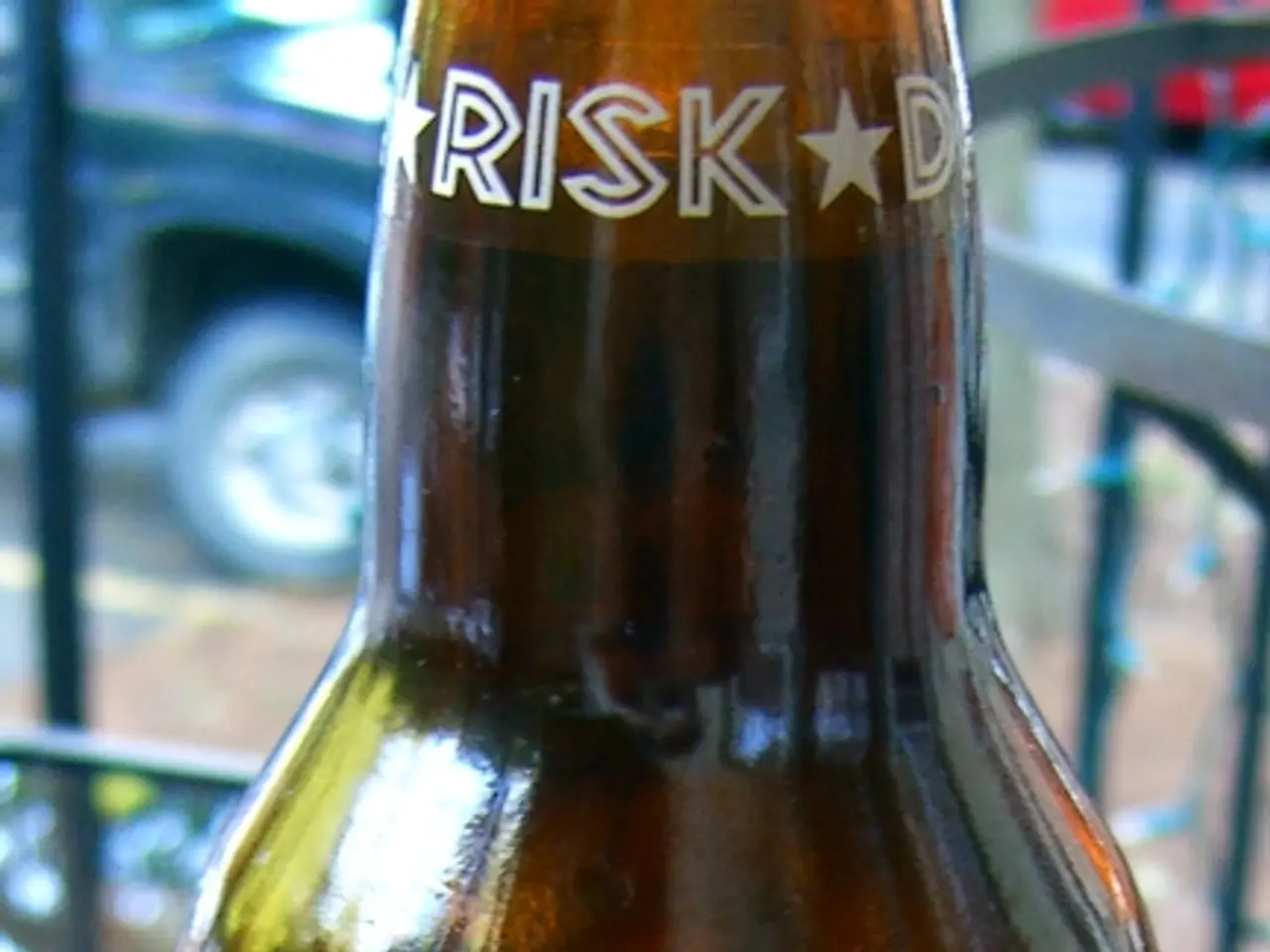Alcohol's Link to Cancer: Exploring the Relationship
In a revealing article titled "Alcohol and Cancer Risk: The Deadly Connection Revealed" by Clarissa Brincat, the link between alcohol consumption and cancer growth is explored in depth. Here, we present five key mechanisms identified by scientific research that contribute to this connection.
- Acetaldehyde Toxicity: When alcohol is metabolized in the body, it converts to acetaldehyde, a toxic and carcinogenic compound. Acetaldehyde can damage DNA and proteins, leading to mutations and cancer development.
- Oxidative Stress: Alcohol metabolism generates reactive oxygen species (ROS), which cause oxidative stress and damage cellular components, including DNA, promoting cancer initiation and progression.
- Impairment of Nutrient Absorption: Alcohol interferes with the absorption of essential nutrients such as folate, which is critical for DNA synthesis and repair. Folate deficiency can increase the risk of DNA mutations.
- Hormonal Changes: Alcohol consumption can alter hormone levels (e.g., increasing estrogen), which can promote the growth of hormone-sensitive cancers like breast cancer.
- Immune System Suppression: Chronic alcohol use may impair the immune system’s ability to detect and eliminate cancer cells, facilitating tumor growth.
These mechanisms highlight the potential dangers of alcohol consumption and its role in cancer development. The United States sees approximately 100,000 new cases of alcohol-related cancer and 20,000 alcohol-related cancer deaths each year.
Moderation in alcohol intake can help lower the risk of alcohol-related cancers. Individual factors such as family history, lifestyle habits, and overall health status also play a significant role in determining one's susceptibility to alcohol-related cancers.
It is essential to be aware of these risks and to make informed decisions about alcohol consumption. The U.S. surgeon general urged for warning labels on alcoholic beverages in 2025 to caution consumers about the potential dangers. By understanding the connection between alcohol and cancer, we can take steps to reduce our risk and maintain a healthy lifestyle.
- The toxic and carcinogenic compound, acetaldehyde, which forms when alcohol is metabolized in the body, can damage DNA and proteins, leading to mutations and cancer development.
- Consumption of alcohol can interfere with the absorption of essential nutrients like folate, critical for DNA synthesis and repair, increasing the risk of DNA mutations.
- Alcohol-related cancers are not solely determined by alcohol intake; individual factors like family history, lifestyle habits, and overall health status also play a significant role in one's susceptibility.
- The potential dangers of alcohol consumption extend beyond just increasing the risk of cancer. For instance, long-term alcohol use can also impair the immune system's ability to detect and eliminate cancer cells.




